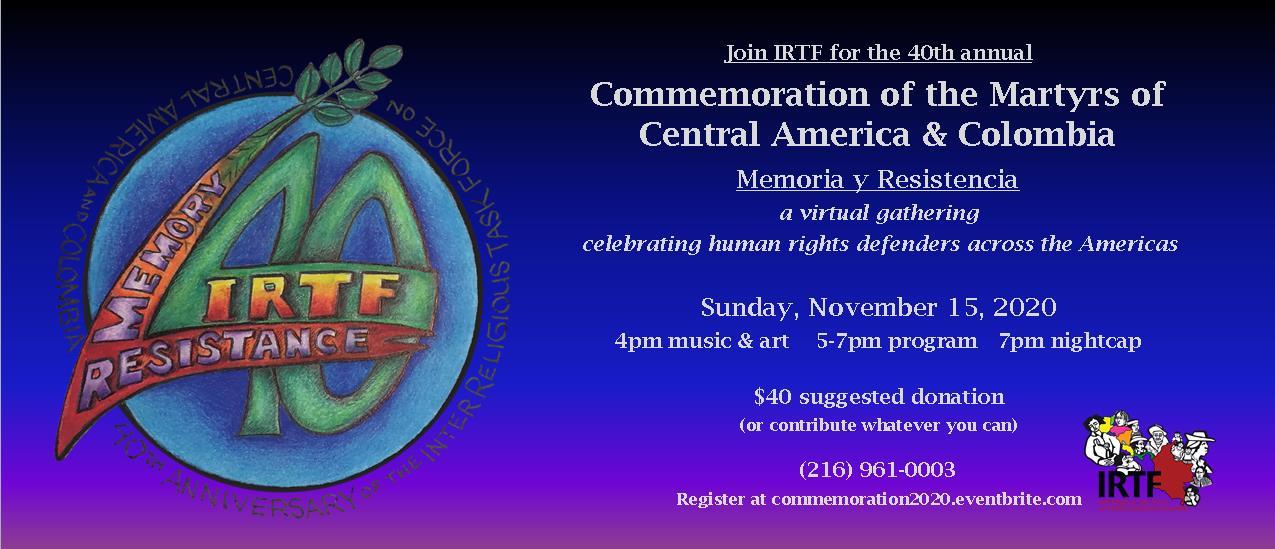We continue to organize our communities in support and defense of immigrants, especially those in vulnerable situations. Connect with Immigration Working Group CLE, a collaborative of community advocates and organizations across NE Ohio. Ask about the group’s Immigrant Defense Fund, Rapid Response Team, Bond Reduction Project, volunteer needs, legislative advocacy, vigils, rallies, marches, and more. Contact iwgcle@gmail.com or see www.facebook.com/iwgCLE
- Home
- About Us
- Issues
- Countries
- Rapid Response Network
- Young Adults
- Get Involved
- Calendar
- Donate
- Blog


